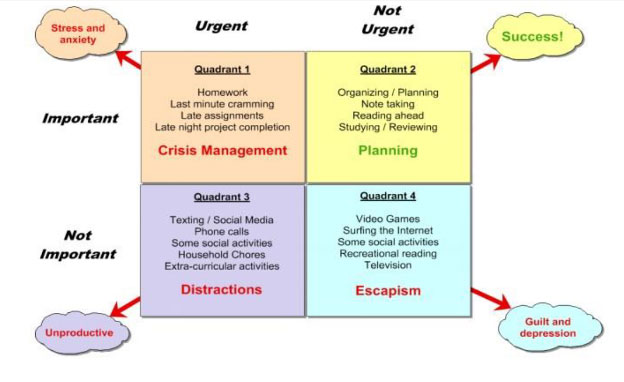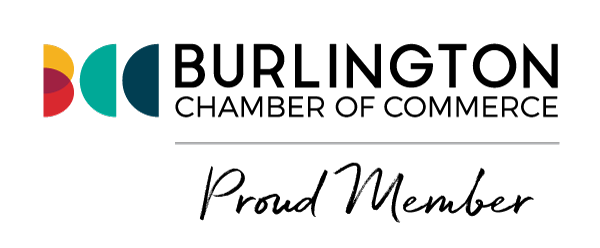
Do you find it difficult to concentrate on your homework when your mobile is near you? Do you often forget the deadlines of important assignments? Are you struggling to complete multiple tasks within a certain time frame? If yes, you may need to improve your time management skills.
Time management is particularly important to the students’ success at school, not only for academic work but also for extra-curricular activities and the overall life and study balance. Excellent time management skills are life-long rewards.
Therefore, yesterday September 20th , the first workshop of our ten-week program of Academic Behavior Coaching was held at Laureate College, featuring the topic of Time Management. Instructor Judy Duncan, who has a Bachelor’s degree in education and extensive experience as a classroom teacher for the Halton District School Board, shared her knowledge of executive function skills, helping the students to understand the concept of time management and skills and habits needed to be successful at it.

According to Judy, time management is a skill that requires other fundamental skills, which include prioritizing, managing distraction, estimating time, and knowing yourself. We have summarized some main ideas below to help you have a better picture.
- Prioritizing
The ability to prioritize helps students to focus their efforts on things that are important and urgent. At school, this enables them to master long-term and short-term tasks day to day, nail the most important information for studying and keep a balance between homework and extracurricular activities without losing track of important deadlines.

This chart is from Instructor Judy Duncan’s workshop material, which is taken from Dr. Stephen R. Covey’s “The Seven Habits of Highly Effective People®” and adapted to make it relevant to students.
From the chart above, we can see that if we spend disproportional amount of time in quadrants 1, 3, or 4, we may struggle to succeed. The primary goal should be to increase the amount of time spent in Quadrant 2 where you will be more proactive and organized.
- Managing distraction
It is really challenging for students to manage distractions in this digital era. Smart phones, social media, and video games all pose a strong test to students’ ability to focus on academic work.
If we cannot manage our behavior, we must manage our environment. To be productive, we need to remove these devices. Let’s work in a clean and distraction-free place!

- Estimating time
It is common for students to over-estimate or under-estimate the time needed to complete an assignment or a test.
We should aim to get a realistic understanding about how long typical academic tasks take.
To help develop more accurate time estimates, we should track time and compare it to your estimates. When a task is completed, we should record how long it actually took.
Over time, we can have a better plan of how long we would need on each task.

- Knowing yourself
We should always review past performance and compare the time and methods used each time, by paying attention to
-your own habits (good and bad)
-your behaviors, including what distracts you
-understanding all your time commitments
-your stamina: how long to go before a break you can better manage your time to be effective, efficient, and successful.

After the workshop, the students gave feedback that they had a much better understanding of how to spend their time more effectively and efficiently. They also said this is not only beneficial to their academic work, but also extremely helpful to balance their daily life and study, and in long term, their work and life.
Our next workshop will be at 4:30 on September 27th. The topic of the workshop is Active Learning Strategy. Please register here. We look forward to seeing you at Laureate College!








